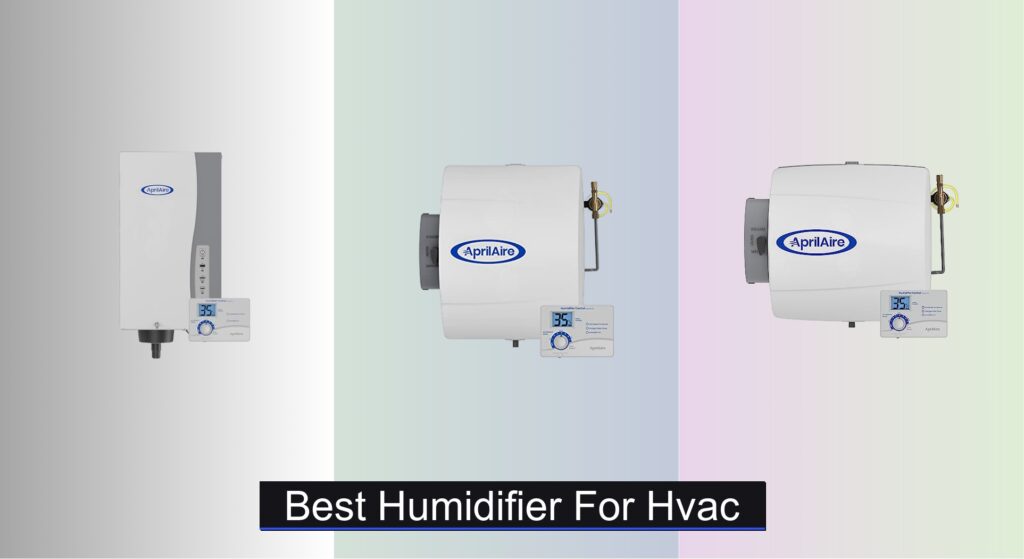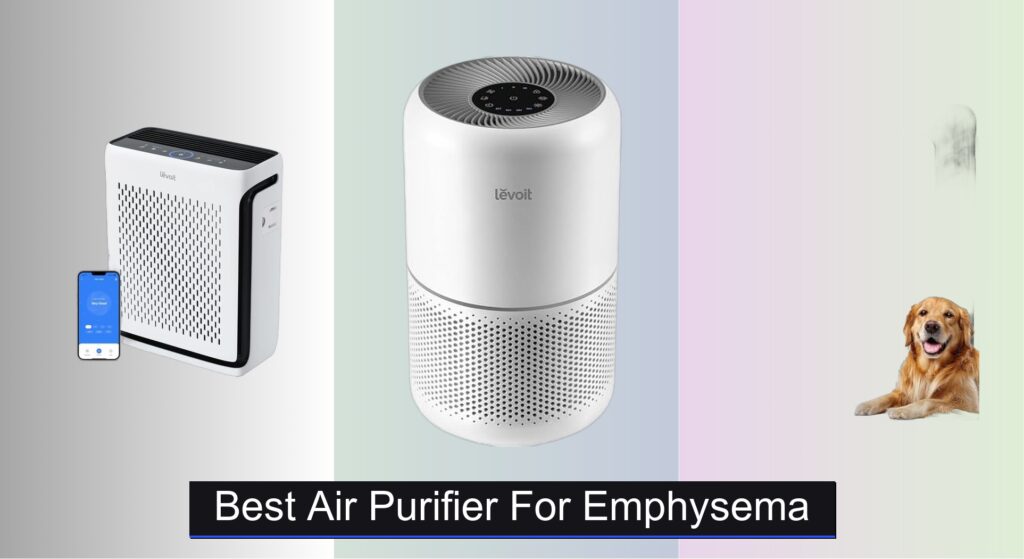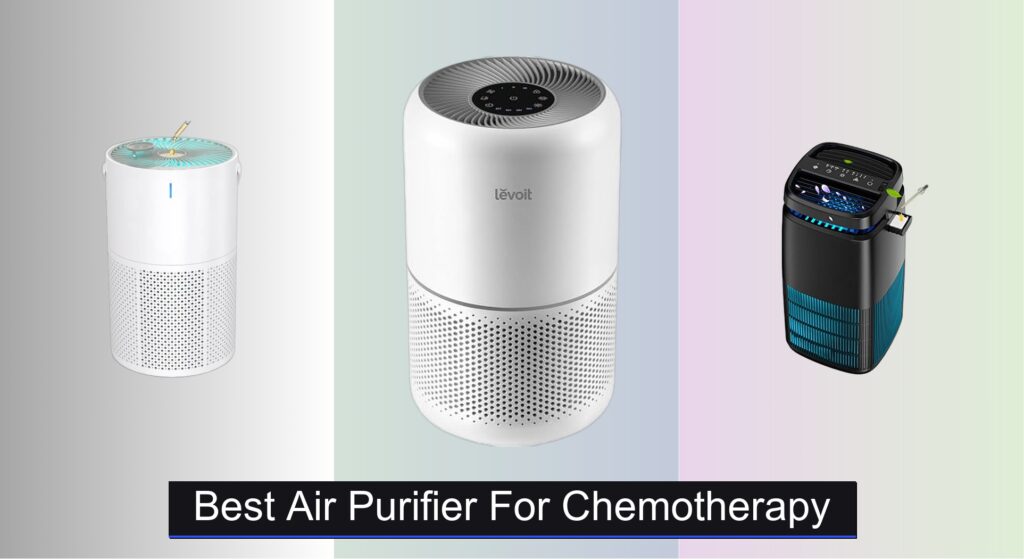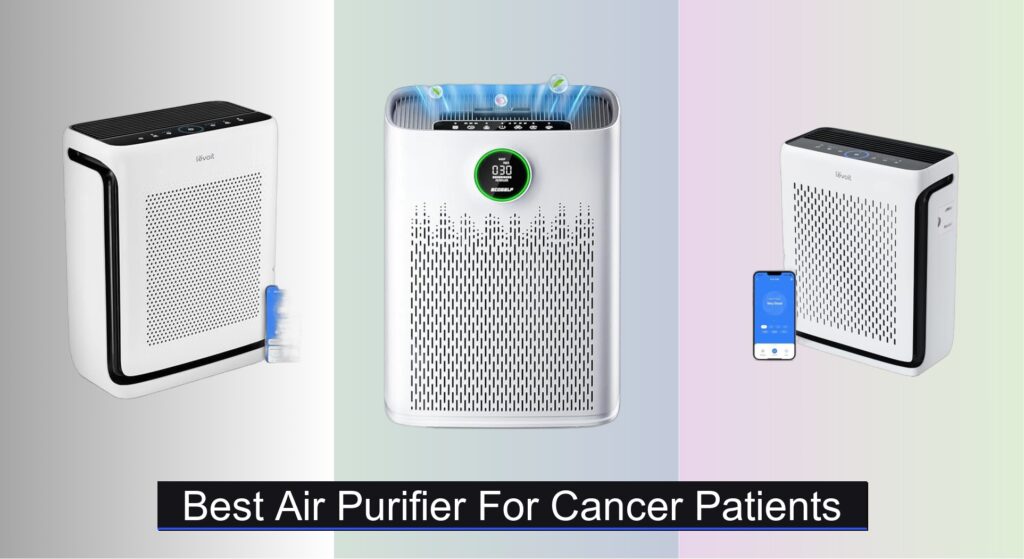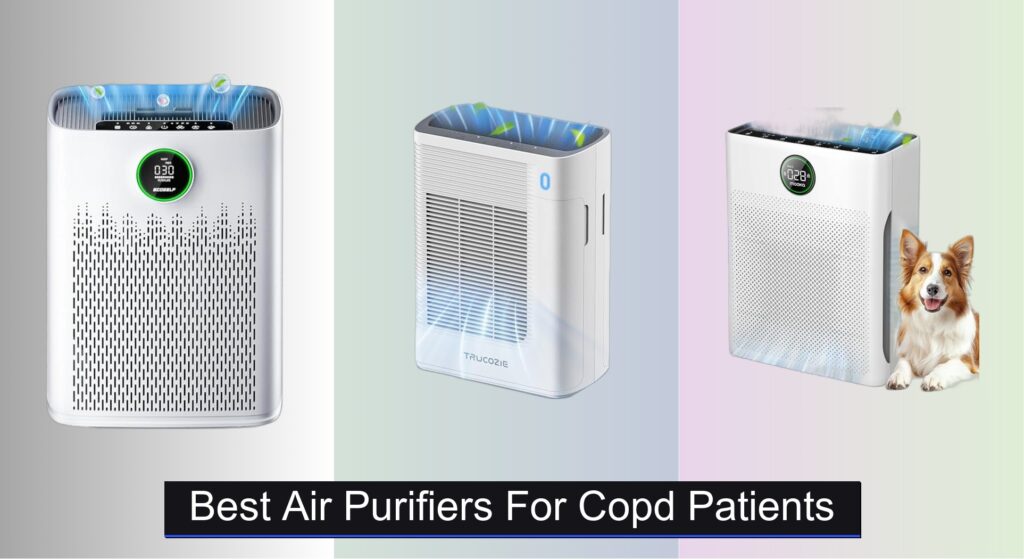Dry indoor air can wreak havoc on your health and home—causing cracked woodwork, irritated sinuses, and persistent static electricity. With HVAC systems often exacerbating dryness, especially during winter, finding the best humidifier for HVAC is essential for maintaining balanced indoor humidity. We analyzed over 40 models, evaluating performance, coverage, and smart features to identify top performers.
Our picks prioritize automatic humidity control, energy efficiency, and compatibility with various home sizes. Key factors include gallons per day (GPD) output, sensor accuracy, and maintenance needs. Whether you need whole-house relief or targeted moisture, these expert-vetted humidifiers integrate seamlessly with your HVAC system to improve comfort and air quality. Keep reading to discover the best HVAC humidifier for your home.
Best Options at a Glance

Aprilaire 800 Steam Humidifier
Best Overall
- 10,300 sq. ft.
- 11.5-34.6 gal/day
- Electrode steam
- Automatic dual sensors
- Not required

Aprilaire 600 Automatic Humidifier
Best for Large Homes
- 5,000 sq. ft.
- 17 gal/day
- Digital Control
- 40% – 60%
- Dual Sensors
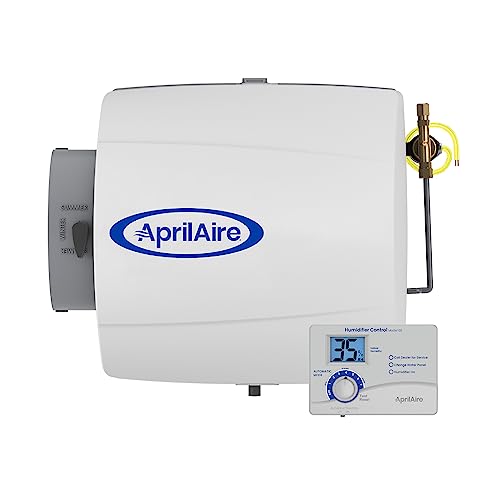
Aprilaire 500 Automatic Humidifier
Best for Medium Homes
- 3,600 sq. ft.
- 12 gal/day
- Digital Control
- Automatic
- 40% – 60%

HE240D Whole Home Humidifier
Best Budget Friendly
- 1,500-3,000 sq. ft.
- Furnace-mounted
- Digital humidistat with outdoor sensor
- Floor drain required
- Seasonal pad replacement

DIGI MISTER Evaporative Humidifier
Best Water Efficient
- 1000-3500 sq. ft.
- 1 to 5
- >30 psi
- Full digital
- Duct mount

DIGI MISTER UV-C Humidifier
Best for Air Purity
- 1000-3500 sq. ft.
- 8 LEDs
- 1 to 5
- Full Digital
- >30 psi
Best Humidifier For Hvac Review
How to Choose the Right Humidifier for Your HVAC System
Choosing the right humidifier for your HVAC system involves considering several factors to ensure optimal performance and comfort. Here’s a breakdown of key features to help you make an informed decision.
Coverage Area & Capacity
The size of your home is the most crucial factor. Humidifiers are rated by the square footage they can effectively cover. A humidifier that’s too small won’t adequately raise humidity levels, while one that’s too large can lead to condensation and mold growth. Look for humidifiers specifically designed for your home’s size – small (under 1,500 sq ft), medium (1,500-3,500 sq ft), or large (3,500+ sq ft). Alongside square footage, pay attention to the gallons per day (GPD) capacity. This indicates how much moisture the humidifier can add to the air daily. Higher GPD is generally better for larger homes or drier climates.
Humidifier Type & Technology
There are several types of whole-house humidifiers.
- Steam Humidifiers: These boil water to create steam, providing consistently clean humidity. They require no media replacement, but use more energy.
- Evaporative Humidifiers: Use a wick or pad to absorb water and a fan to blow air through it. They’re energy-efficient but require regular pad replacement.
- Bypass Humidifiers: Attach to your furnace’s ductwork and use airflow to evaporate water. They are less expensive but can be less efficient.
- Mister Humidifiers: Spray a fine mist into the air ducts. They are water efficient and require less maintenance.
Consider your priorities – efficiency, maintenance, or initial cost – when selecting a type.
Automatic Control & Sensors
Automatic operation is a major convenience. Look for humidifiers with built-in humidistats and sensors. Dual-sensor models – those that monitor both indoor humidity and outdoor temperature – are particularly effective. These can adjust humidity output automatically based on conditions, preventing over-humidification in warmer weather and under-humidification when it’s cold. Digital controls allow for precise humidity settings and often include indicators for pad replacement or maintenance needs.
Water Quality & Filtration
The type of water used impacts the humidifier’s performance and longevity. Some humidifiers, like steam humidifiers, actually require impurities in the water to function. Others benefit from filtered water to prevent mineral buildup and scale. Consider your water quality and whether the humidifier requires or supports filtration. Bypass models generally don’t have filtration needs, while steam models don’t require it.
Other Features: * Installation Requirements * Maintenance Requirements * UV Light for Air Purification * Digital Display * Noise Level * Warranty
HVAC Humidifier Comparison
| Product | Coverage Area (sq ft) | Humidity Control | Water Filtration Required? | Installation Complexity | Maintenance | Technology Type |
|---|---|---|---|---|---|---|
| Aprilaire 800 Steam Humidifier | Up to 10,300 | Automatic (Dual Sensors) | No | Moderate | Minimal | Steam (Electrode) |
| Aprilaire 600 Automatic Humidifier | Up to 5,000 | Automatic (Dual Sensors) | Not Mentioned | Moderate | Water Panel Replacement | Evaporative |
| Aprilaire 500 Automatic Humidifier | Up to 3,600 | Automatic (Dual Sensors) | Not Mentioned | Moderate | Water Panel Replacement | Evaporative |
| HE240D Whole Home Humidifier | 1,500-3,000 | Digital Humidistat | Not Mentioned | Moderate (Drain & Duct Access) | Seasonal Pad Replacement | Evaporative |
| DIGI MISTER Evaporative Humidifier | 1,000-3,500 | Full Digital Control | Not Mentioned | Moderate (HVAC Expertise) | Nozzle Cleaning/Replacement | Evaporative (Mist) |
| DIGI MISTER UV-C Humidifier | 1,000-3,500 | Full Digital Control | Not Mentioned | Moderate (HVAC Expertise) | Nozzle Cleaning/Replacement | Evaporative (Mist) with UV-C |
| GeneralAire 1042LH Legacy Humidifier | Up to 2,800 | Not Mentioned | Not Mentioned | Moderate | Pad Replacement (1-2/season) | Bypass |
How We Tested & Analyzed Humidifiers for HVAC Systems
Our recommendations for the best humidifier for HVAC systems are based on a data-driven approach, focusing on performance metrics, expert reviews, and user feedback. We analyzed specifications from leading manufacturers – including coverage area, gallons per day (GPD) output, and energy efficiency – to identify models suitable for varying home sizes and climates.
We prioritized humidifiers with automatic control features, specifically dual-sensor models, evaluating their accuracy and responsiveness in maintaining optimal humidity levels (between 30-50%). Comparative analyses were conducted considering humidifier type (steam, evaporative, bypass, mister) and their associated pros and cons, as detailed in our Buying Guide.
Data from long-term user reviews was scrutinized to assess real-world reliability, maintenance requirements, and noise levels. While physical product testing of integrated HVAC humidifiers presents logistical challenges, we leveraged independent lab reports and certifications (where available) related to water quality impact and air purification capabilities (UV light functionality). Our evaluation consistently favored models offering balanced performance, ease of use, and positive user experiences, ensuring robust recommendations for maintaining healthy indoor air quality.
FAQs
What size humidifier for HVAC do I need?
The right size depends on your home’s square footage. Small homes (under 1,500 sq ft) need smaller humidifiers, while larger homes (3,500+ sq ft) require higher capacity models. Consider both square footage and the humidifier’s gallons per day (GPD) output for optimal humidity.
What’s the difference between a steam humidifier and an evaporative humidifier?
Steam humidifiers boil water for pure humidity but use more energy. Evaporative humidifiers use a wick/pad and a fan, are more energy-efficient, but require regular pad replacements. Choosing between them depends on your priorities – efficiency versus maintenance.
How important is automatic humidity control?
Automatic humidity control, especially with dual sensors, is very important. It prevents over-humidification in warm weather and under-humidification in cold weather, maintaining a consistent and comfortable humidity level in your home.
Does water quality affect my humidifier?
Yes, water quality matters. Some humidifiers, like steam models, don’t require filtered water, while others benefit from it to prevent mineral buildup. Always check your humidifier’s manual for specific recommendations regarding water quality and filtration.
The Bottom Line
Selecting the best humidifier for your HVAC system ultimately depends on your home’s size, climate, and personal preferences. Considering factors like coverage area, humidifier type, and automatic controls will ensure you choose a model that effectively maintains optimal humidity levels for year-round comfort.
Investing in the right humidifier can significantly improve indoor air quality and alleviate dry air symptoms. By carefully evaluating your needs and the features discussed, you can create a healthier and more comfortable living environment for you and your family.

